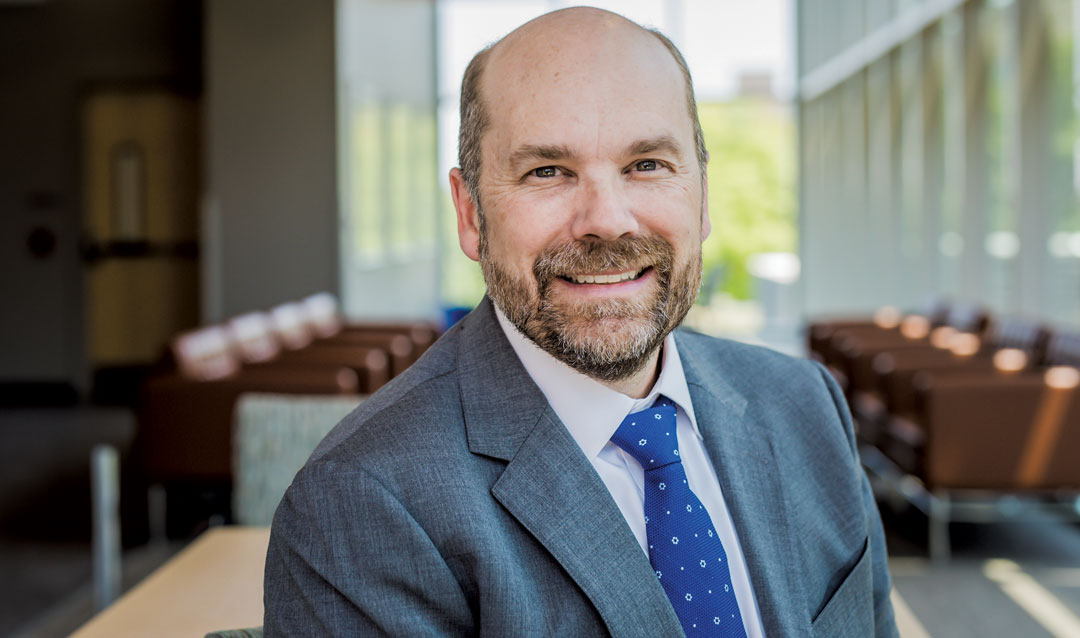You were trained as an epidemiologist. What drew you to that field, and eventually to the field of population health?
When I started in epidemiology, almost 25 years ago, it was a field that people generally came to via a meandering path. I found my way to epidemiology from an undergraduate degree in environmental science via a developing interest in human health that I explored through work as an emergency medical technician. My experiences working in the emergency medical system highlighted that there were broad problems with health in the population that could be addressed on a wider scale than one-on-one interactions with patients. From there it was on to graduate school, where I learned that the study designs and analytical methods of epidemiology sit at the core of population health. With the general usefulness of epidemiological methods, I have been fortunate over time to have an opportunity to work on projects across domains of population health, including cancer epidemiology, health services research and health innovation and technology.
What will make the research portfolio of Lehigh’s College of Health different from other institutions?
The College of Health research portfolio will reflect the priorities and needs of the field of population health and the interests of its faculty and students. Most research in population health now is done at medical schools or schools of public health. In comparison, Lehigh offers a different composition in its community of scholars across campus that will facilitate cross-disciplinary work with a focus on translating discovery into innovation and impact. Combined with the research resources of the planned Population Health Data Warehouse, and the new Artificial Intelligence and Virtual Reality Lab, we expect that the intellectual curiosity of the faculty and students will lead to imaginative solutions to pressing problems in health locally, nationally and across the globe.
What advice would you give to students pursuing careers in population health?
My advice to students interested in pursuing careers in population health would be to start at Lehigh’s College of Health. We are offering a unique undergraduate bachelor of science program in population health with a focus on data science, based in the principles of experiential education, that will offer unparalleled options for future careers in population health research, health and health care professions, and health innovation and technology.
What keeps you motivated in your work?
It is important for me to be working on solving problems that can benefit people on a large scale. That characteristic is rewarded continuously in population health research because we seek out important problems to solve. A key step in developing new research ideas in population health is to ask and answer the question, “so what?” Specifically, if we invest time, effort and resources into this study, will this work move us toward an understanding of how to improve the health of the population? If we do this study, what are the paths to impact on the health of the population? Population health is a field where we can use data to quantify the importance of our research before we do it, and then use data to evaluate the success of our effort at the end.





